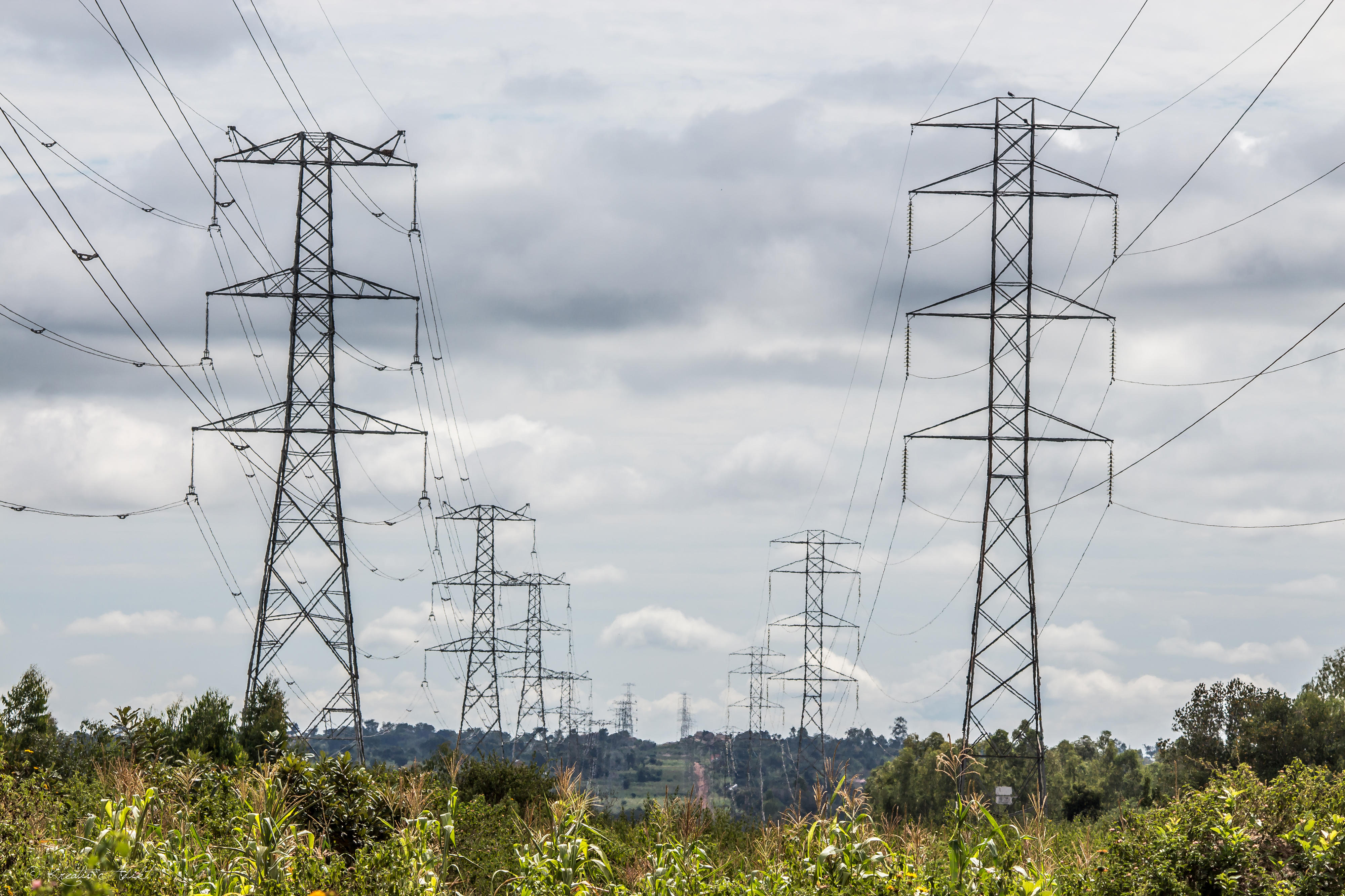Prime
Umeme opens year charged, investors 9 per cent wealthier

Electricity. Power lines in Kampala. Umeme is sitting on lots of cash due to the legal uncertainty that lies ahead while investors have undervalued its stock. PHOTO /EDGAR R. BATTE
What you need to know:
- With two years to go, the Umeme share price has risen to Shs300.
Umeme Limited’s share price surged holding on Shs300 per share for the past two weeks to January 27, 2023, from Sh275 offer price in 2012, making investors in the power utility company Shs15.5 billion wealthier.
At least 622,378,000 shares were offered in 2012, valued at Shs171.1 billion, the stock price rally had boosted Umeme’s value on the Uganda Securities Exchange (USE) to Shs186.7 billion.
The gain in value comes when the listed equities market operates in a challenging operating environment.
But Umeme has defied the odds, including negative sentiments about the pending buyout, of shareholders by government, pending delisting from USE and Nairobi Securities Exchange (NSE).
The counter has become one of the most active.
According to African Exchanges’, Umeme is the second most traded stock on the USE over the past three months— October 24, 2022 - January 27, 2023.
“We are getting many inquiries from investors but the challenge is others are holding onto the shares causing a supply gap,” said Salma Nakiboneka, an investment manager SBG Securities, a subsidiary of Standard Bank Group.
In general, equity market performed dismally hit by offshore investors running away from East African markets.
USE trading data shows the equity turnover at the USE fell by 33 per cent to Shs9.2 billion in the third quarter of 2022, from Shs13.7 billion registered in the second quarter.
The average turnover per session dropped to Shs139.8 million in the period under review, from Shs208 million recorded in second quarter 2022.
“The drop in turnover was partly due to global policy uncertainties such as high inflation partially fueled by Russia’s military actions in Ukraine that have seen offshore investors who account for over 70 per cent of turnover at the USE disengage from emerging and frontier markets,” Capital Markets Authority (CMA) points out.
Most stocks prices fell sharply. Uganda Clays’s share price dropped by -21.1 per cent UMEME -16.3 per cent, National Insurance Corporation - 6.5 per cent per cent , CQCIL -5.8 per cent , Stanbic Bank Uganda -4.5 per cent, New Vision -3.1 per cent, and DFCU -0.5 per cent.
The lukewarm performance of locally listed stocks resulted in the equities turnover falling by 33 per cent to Shs9.2 billion in the third quarter of 2022, from Shs13.7 billion registered in the 2022 second quarter.
Profitable
Simon Mwebaze, the general manager at UAP-Old Mutual Financial Services Uganda Limited, told Daily Monitor that Umeme is sitting on lots of cash because it is unable to invest much due to legal uncertainty that lies ahead while investors have undervalued its stock.
Umeme Limited posted a $29 million (Shs106.9 billion) profit before tax in the six months to June 2022, up from the $17.8 million posted in June 2021.
This was shaped by a decline in operating costs and the full reopening of Uganda’s economy in January following a pandemic lockdown.
Umeme Limited holds a 20-year Concession from the Government of Uganda, whose natural term expires on March 30th, 2025.
The global policy uncertainties such as high inflation partially fueled by Russia’s military actions in Ukraine that have seen offshore investors who account for over 70 per cent of turnover at the USE disengage from emerging and frontier markets.
Uncertainty
But equities markets globally are not out of the woods, according to Fidelity International’s 2023 outlook which projects uncertainty to remain high amid tighter policy.
“We expect a high degree of volatility and uncertainty for global equities in 2023, as stubbornly high inflation and interest rate rises lead to a rough landing for large parts of the global economy. However, earnings expectations are diverging across different economies, allowing investors to capitalise on selected opportunities,” according to Fidelity.





